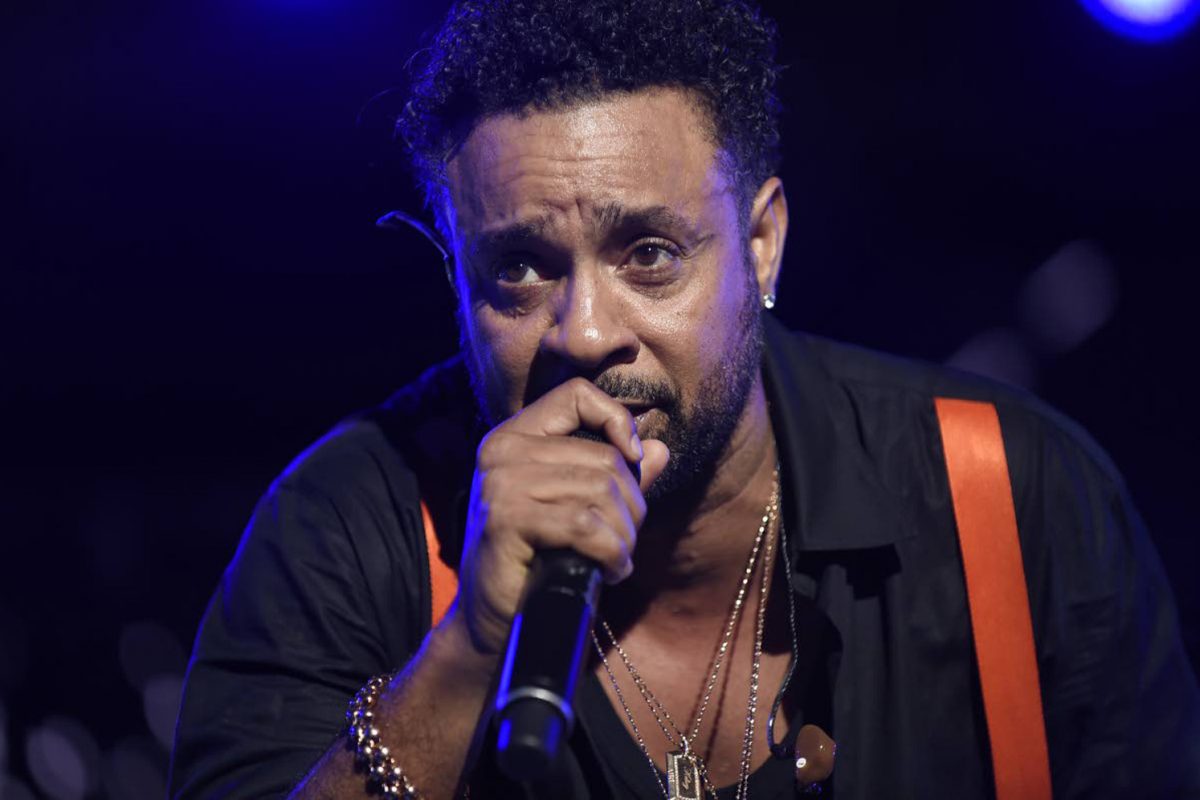Shaggy Says “Catalog Artists” Should Continue Creating New Music

Shaggy is encouraging Dancehall artists with huge catalogs to continue making new music, as their recordings are the ones that are in demand when compared to their younger compatriots.
Noting that his success and longevity have been due to him constantly reinventing himself, the Dancehall megastar pointed out that some of his contemporaries have seemingly stopped making new records, which was not good for the music.
“I think the biggest thing that older artists do, catalog artists do, is stop making records. Catalog music is trending more than current music. So some of these catalog artists are pulling more money sometimes than these new artists. And the reason for this is because there is an appetite for these artists, and if you don’t feed your fanbase with new music and new visuals then they are not gonna come (to shows),” Shaggy said.
Shaggy said that the Dancehall music of the 1990s was the music reigning supreme at major overseas events, an indication that younger artists should look at creating hybrid sounds, as the odds were already against Jamaican music, and the music being recorded currently, is not at the level to compete with genres such as Afrobeats.
“I went to a particular show recently with some new artists and what startled me in the time when they change-ova, before di artists dem come on, all they played was 90s Dancehall music to hype up the crowd. So what I am saying, I am not knocking the music, because there is a lot of it I like. But create a hybrid. Because if you see that the numbers ain’t working you have got to find something that does,” the deejay said in an interview with Television Jamaica’s Anthony Miller.
When Miller suggested that the Trap sound which has become popular in Jamaica could be considered a hybrid, Shaggy replied: “It is a hybrid. But is it a hybrid that works? It has to work. Tonnes of kids buy into it, but for some reason, if you look at how effective it is to put us in a position where we can compete against Afrobeats and all a that, its really not enough.”
“They can’t go to Wyoming with that; they can’t go to certain places with that and its stifling the music and the goal of the music… Afrobeat, they have way more platforms than us also. You only have a handful of Reggae playlists,” he added.
In another Entertainment Report interview in November last year, Shaggy had emphasized that hybrids are a must, as these will help to get Jamaican artists on platforms and in places where the Dancehall genre is not very popular.
Present-day music, he had said, was the age of hybrids, and so musicians would have to try and figure out what the market needs, and feed the market with that style of music.
The Angel singer had also pointed out that Dancehall and Reggae hybrids were not new, as even Reggae icon Bob Marley himself, had hybridized Reggae in order to reach the rest of the world, and was criticized as recording sell-out music in the process, music which became ironically, “the blueprint of what Reggae music is.”
Shaggy had said that Marley was “ahead of the game” as in order to be competitive and access platforms that they naturally wouldn’t, since “people wouldn’t gravitate to those music in its natural form”, Marley created a hybrid and it worked to his advantage.
The Strength of a Woman singer had also pointed to his mega-hit Oh Carolina, which was a classic example of a hybrid, and which was embraced both in Jamaica and globally, as well as Boombastic which had sampled Marvin Gaye’s Let’s Get It On “to create a leverage so that we can get on these platforms”.
Shaggy also pointed to the Go Down Deh collab with himself, Spice and Sean Paul, indicating that the song was also a hybrid, masterminded by Romanian producer Costi and which at the time he had said was doing well in countries such as France, Russia “because it has that hybrid sound.”
